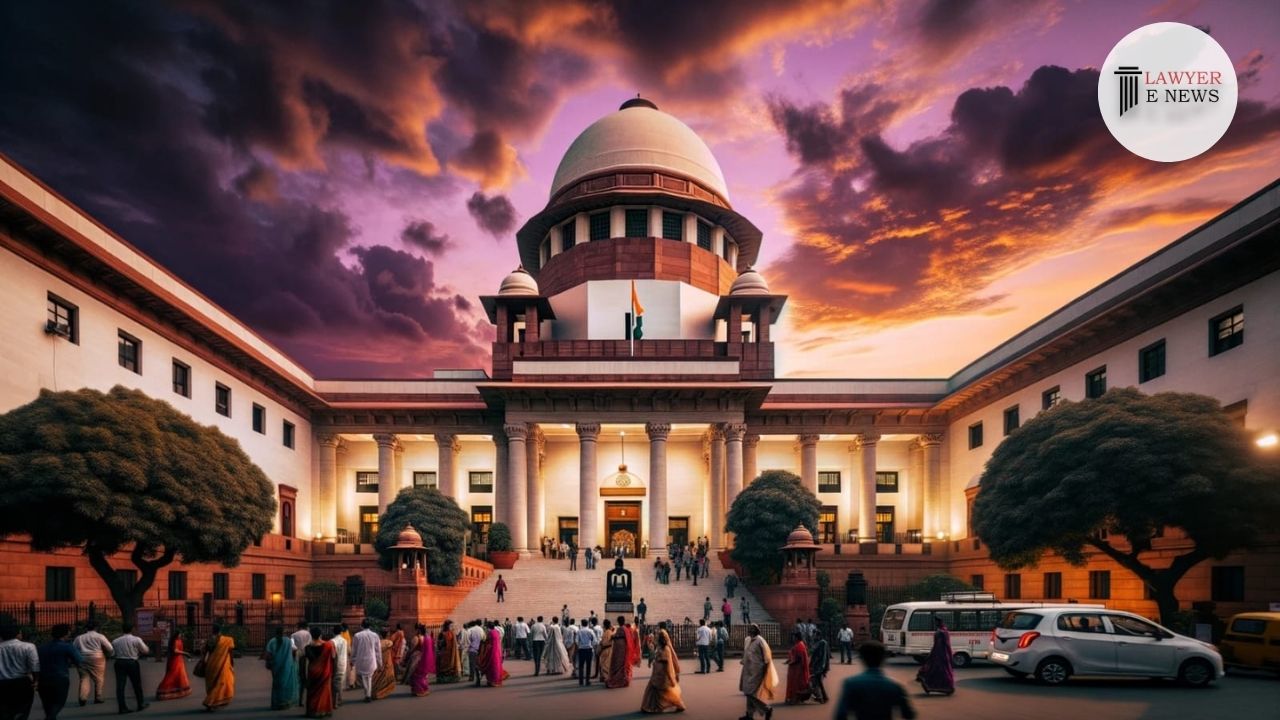-
by sayum
14 February 2026 2:22 PM



The Supreme Court dismissed appeals by Shriram Chits (India) Pvt. Ltd., addressing a significant point of contention under the Consumer Protection Act, 1986 concerning whether a service obtained for a “commercial purpose” excludes a party from being considered a ‘consumer’.
At the core of the legal battle was whether the complainant, who participated in a chit fund, was a consumer under the Consumer Protection Act, 1986. The service provider argued that the complainant obtained the service for a commercial purpose, thereby not qualifying as a consumer entitled to protections under the Act.
The complainant subscribed to a chit fund operated by Shriram Chits but faced issues when the company ceased operations and refused to refund the accumulated amount. Initially addressing this grievance under the Chit Funds Act, 1982, subsequent legal advice and a High Court directive shifted the battleground to the consumer forum, which ultimately ruled in favor of the complainant. The matter escalated through various legal forums, culminating in the Supreme Court’s review.
Jurisdiction and Consumer Status: The Supreme Court scrutinized the applicability of the Consumer Protection Act to the complainant, notably the definition of ‘consumer’ and the exclusion applied to services obtained for commercial purposes. The justices corrected the lower courts’ oversight regarding the complainant’s status, focusing on the necessity of proving the commercial intent of the service usage by the provider before excluding the complainant from the Act’s protection.
Evidence and Burden of Proof: The Court elaborated on the allocation of the burden of proof, clarifying that the service provider must initially prove the commercial purpose of the service. Only if this burden is met does the requirement shift back to the complainant to demonstrate that the service was for personal livelihood.
Legal Interpretations and Precedents: The judgment referenced multiple precedents and dissected the legislative intent behind the Consumer Protection Act’s amendments, underscoring the evolution of the term ‘commercial purpose’ and its implications on contemporary consumer protection jurisprudence.
Decision The Supreme Court dismissed the appeal, upholding the decisions of the lower forums. The Court affirmed that the service provider failed to adequately demonstrate that the services were availed for a commercial purpose. As such, the complainant retains their consumer status and is entitled to protection under the Consumer Protection Act.
Date of Decision: May 10, 2024
Shriram Chits (India) Private Limited vs. Raghachand Associates
